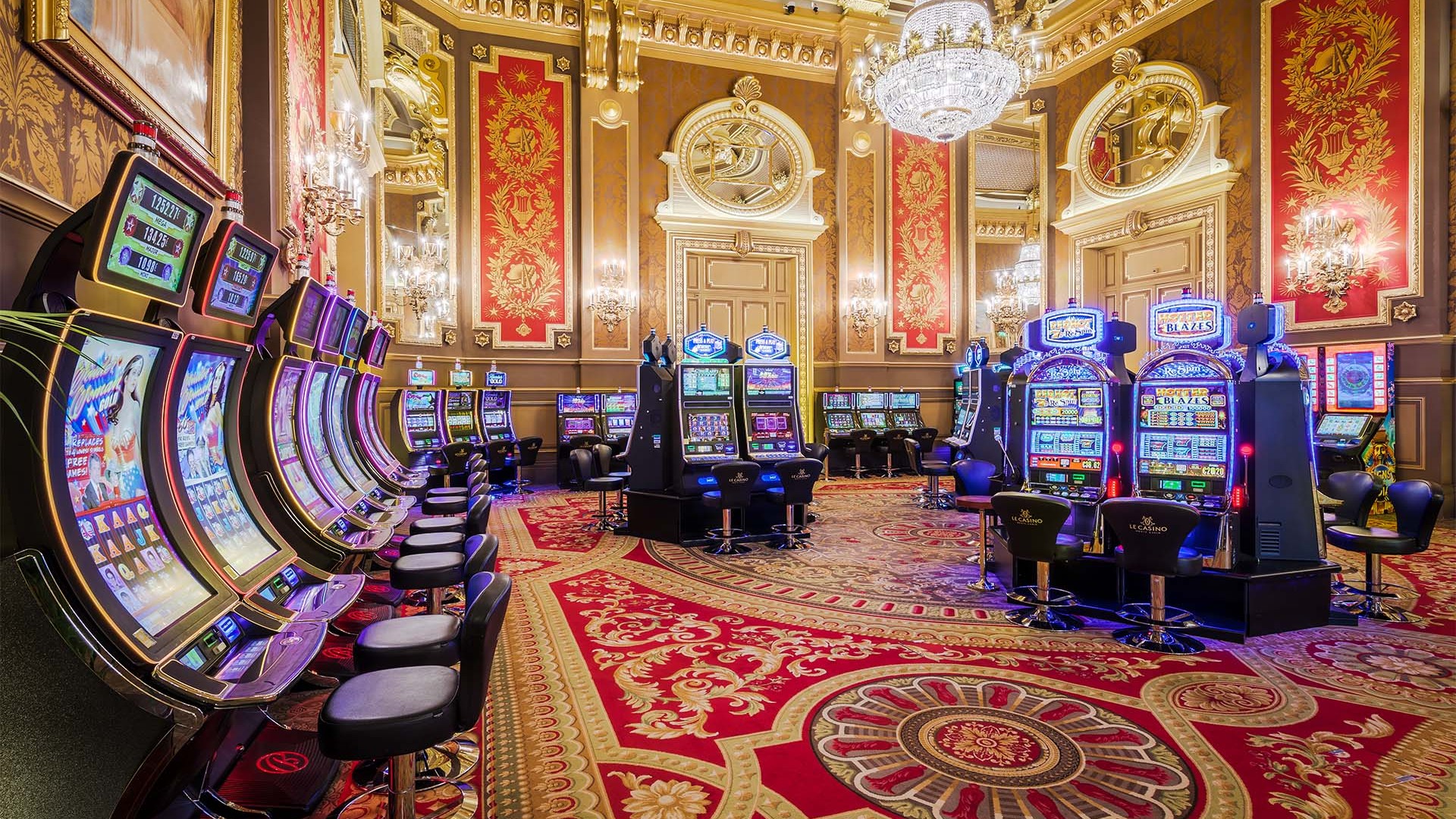Casino experiences have fascinated players over the ages, evolving from easy diversions to sophisticated forms of entertainment that integrate chance, tactics, and amusement. From the early beginnings of gambling in cultures like ancient Mesopotamia and Rome to the dazzling corridors of modern casinos, the evolution of these games reveals much about human nature and our connection with luck. As societies have intertwined and technological advancements have occurred, casino games have evolved, mirroring societal changes and innovations in gameplay.
The earliest forms of gambling likely involved elementary dice games and betting on the outcomes of sports competitions. As time passed, these primitive activities grew into more structured games like table games, the roulette wheel, and the variety of one-armed bandits that populate the floors of casinos today. Each era brought its own set of rules, visual styles, and social relevance. At present, casino games maintain their evolution with the rise of digital gaming platforms, enabling players from various parts of the world to participate in a collective experience, further merging the traditional with the age of technology.
Early Roots of Gaming Games
Gambling games have foundations that stretch back to ancient societies, where gambling was profoundly integrated in social practices and social rituals. The earliest known forms of gambling developed in Mesopotamia around 3000 BC, including basic dice games made from knuckle bones. These initial games laid the basis for more complex betting activities, showing human beings’ natural urge to pursue wealth and entertainment through luck.
As societies evolved, so did their betting pursuits. In early Chinese culture, around two thousand three hundred BC, objects were unearthed that resembled early basic forms of a lottery game activity. More structured forms of gambling developed in the Roman Empire, where games of luck were a popular pastime, often occurring in social events. The ancient Romans developed different betting games, which included die and board activities, illustrating the widespread nature of betting across different economic classes.
With the passage of ages, these early games influenced the development of contemporary casino activities. In the Middle Ages, playing card activities became prevalent in European culture, paving the way for the organized gambling establishments we know today. The shift from casual betting to formal gambling in taverns and personal homes marked a significant transformation in how people interacted with activities of chance, leading to the subsequent establishment of casinos as specialized places for betting. https://f8betlv.com/ F8BET COM
The Rise of Modern Gambling Industry
The final 20th century marked a pivotal change in the world of casino games, driven by technological advancements and transformations in cultural attitudes towards wagering. The emergence of computers and the World Wide Web revolutionized the way gamblers interacted with their beloved games. Online casinos emerged, allowing gamers to enjoy traditional table games like poker and 21 from the safety of their own homes. This emerging digital landscape not only expanded access to casino games but also attracted a younger audience who found the convenience and variety appealing.
As digital gambling gained popularity, so did developments in casino tech. The creation of high-quality programs and visual elements converted conventional casino games into immersive adventures. Players could now connect with realistic live dealers through real-time broadcasts, importing the feel of physical casinos directly into their homes. This fusion of live gaming with online platforms created a unique hybrid experience that elevated the social aspect of playing, making it possible for individuals to engage and compete with others around the planet.
Additionally, the rise of gaming on mobile devices substantially changed the casino landscape. With the ubiquitous use of smartphones and touch devices, players can enjoy their preferred gaming options anywhere, whenever. Mobile applications offer a vast array of options tailored for touchscreens, catering to the dynamic daily life of modern users. This accessibility has led to rising participation in gambling, driving the exponential growth of the gaming industry. As a result, the future of casino gaming continues to evolve, responding to new technologies and shifting consumer preferences.

The Impact of Technology on Casino Games
Technology’s advancement has greatly changed casino games, enhancing the overall experience for players for gamblers globally. As the internet emerged, online casinos were created, allowing players to play their preferred games from the safety of their own homes. This shift not only made casino games more accessible but also expanded the variety of games offered, as online platforms could offer many different versions of traditional games without the limitations of brick-and-mortar establishments.
Mobile technology further transformed the casino gaming landscape. As smartphones and tablets became widespread, players can to play casino games whenever and wherever they want. This mobility has resulted in the creation of dedicated mobile applications and optimized websites that provide seamless gaming experiences. Additionally, innovations such as live dealer games have brought the authentic atmosphere of a casino into players’ homes, connecting between physical and online gaming.
Moreover, advancements in artificial intelligence and VR are paving the way for the next generation of casino games. AI enhances game design and player interaction, creating customized experiences based on user behavior and preferences. Meanwhile, virtual reality offers immersive environments where players can engage in a virtual casino environment, making the gaming experience more engaging and lifelike. As technology continues to evolve, the future of casino games looks promising, filled with endless possibilities for advancements and entertainment.